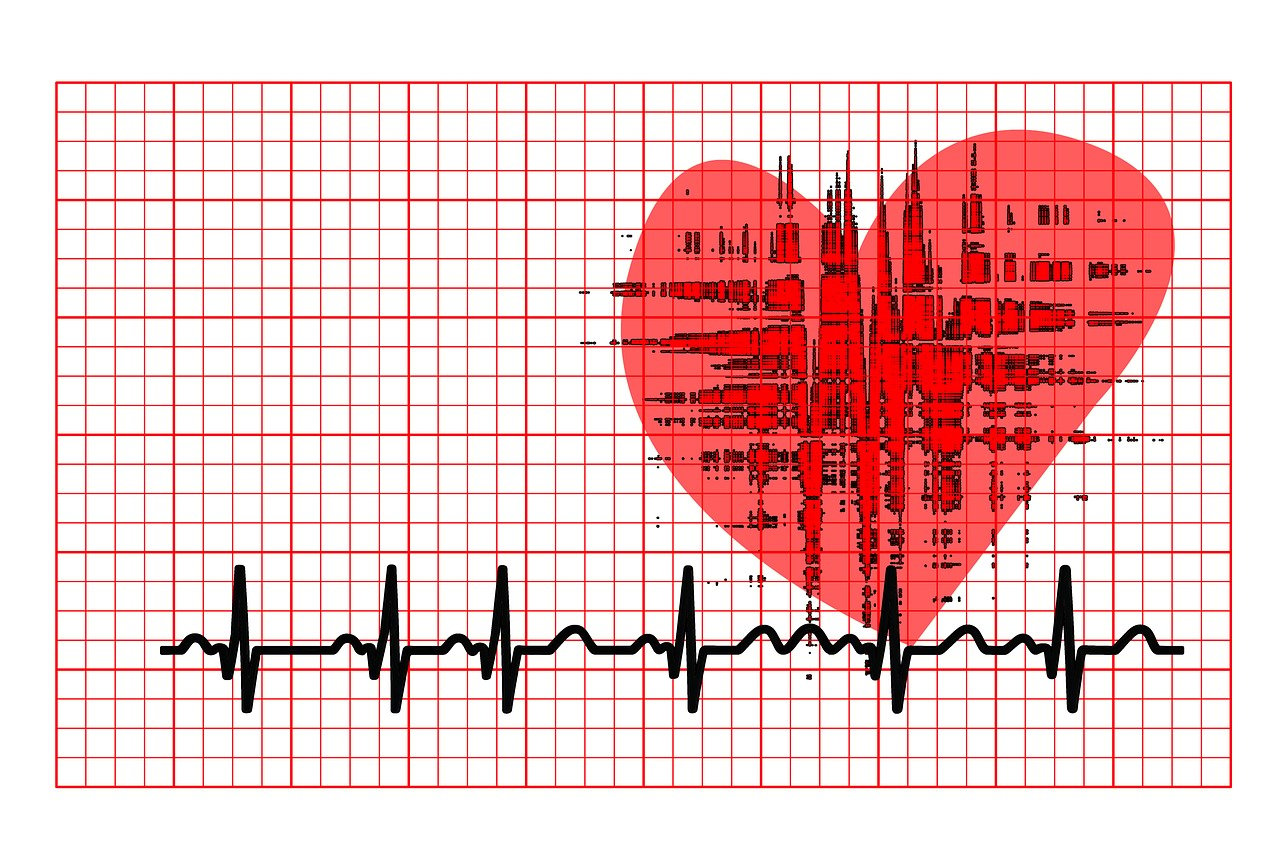Preventive Care: The Key to Detecting Health Issues Early and Staying Healthy
In the realm of healthcare, preventive care stands as a crucial component in maintaining overall well-being and detecting health issues before they escalate into serious problems. Understanding the importance of regular check-ups, screenings, and healthy lifestyle choices can significantly contribute to a longer, healthier life. This blog post delves into the fundamentals of preventive care, its various components, and how it can play a pivotal role in early detection and sustained health.
Understanding Preventive Care
Preventive care encompasses a range of medical services aimed at disease prevention and health maintenance. It includes routine health check-ups, screenings, immunizations, and counseling designed to avert illnesses or detect them at an early stage. Unlike treatment that focuses on curing diseases, preventive care aims to keep you from falling ill in the first place.
According to the Centers for Disease Control and Prevention, preventive services can significantly reduce the risk of diseases such as heart disease, cancer, and diabetes, which are among the leading causes of death worldwide.
The Components of Preventive Care
1. Routine Check-ups
Routine check-ups are the cornerstone of preventive healthcare. These visits allow healthcare providers to assess your overall health, discuss any concerns, and recommend necessary screenings or lifestyle changes. Regular visits help in establishing a health baseline, making it easier to detect any deviations that might indicate an underlying issue.

2. Screenings
Screenings are tests conducted to find diseases before symptoms appear. Early detection often means better treatment options and outcomes. Common screenings include mammograms for breast cancer, colonoscopies for colorectal cancer, and blood pressure checks for hypertension. Each screening is tailored based on age, gender, and family history, making it a personalized approach to healthcare.
The American Cancer Society recommends regular screening for various types of cancer to catch the disease early when it’s most treatable.
3. Immunizations
Vaccinations are a vital component of preventive care, protecting individuals from infectious diseases. Vaccines have eradicated or controlled many deadly diseases that once caused widespread epidemics. Staying up-to-date with immunizations can prevent diseases like influenza, measles, and whooping cough.
4. Counseling
Preventive care also includes counseling on lifestyle choices such as nutrition, exercise, smoking cessation, and stress management. These sessions can guide individuals in making informed decisions that promote long-term health. For example, dietary counseling can help manage weight, reduce the risk of chronic diseases, and improve overall quality of life.
The Benefits of Preventive Care
Preventive care offers numerous benefits, including improved health outcomes, reduced healthcare costs, and enhanced quality of life. Early detection and management of diseases through preventive measures can lead to better prognoses and less aggressive treatments.
Moreover, HealthCare.gov outlines how preventive services can be cost-effective by reducing the need for expensive emergency care and hospitalizations. By investing in preventive care, individuals can save on long-term healthcare expenses.

Challenges in Accessing Preventive Care
Despite its benefits, several barriers can hinder access to preventive care. These include lack of insurance coverage, geographical limitations, and a shortage of healthcare providers. Additionally, some individuals may not be aware of the importance of preventive services or may have misconceptions about their costs and benefits.
Efforts are being made to increase awareness and accessibility of preventive care. The World Health Organization emphasizes the need for policies that support equal access to preventive services for all populations, particularly underserved communities.
Adopting a Preventive Care Mindset
Adopting a preventive care mindset involves being proactive about your health and making informed decisions about your lifestyle and healthcare. It means scheduling regular check-ups, adhering to recommended screenings and vaccinations, and seeking advice on healthy living.
Individuals can take charge of their health by being informed about their family medical history, understanding their risk factors, and engaging in open dialogue with healthcare providers. Education and awareness are crucial in empowering individuals to take preventive measures seriously.
Takeaways
Preventive care is an essential aspect of healthcare that focuses on disease prevention and early detection. By prioritizing routine check-ups, screenings, immunizations, and lifestyle counseling, individuals can significantly reduce their risk of developing serious health conditions. Despite challenges in access, efforts continue to promote the importance and benefits of preventive care on a global scale. Embracing a preventive care mindset can lead to a healthier, longer life, proving that prevention truly is better than cure.

Implementing Preventive Care in Daily Life
Incorporating preventive care into your daily routine doesn’t have to be daunting. Simple lifestyle changes can make a significant impact on your health. Here are a few practical steps to help you integrate preventive care practices seamlessly into your life:
1. Maintain a Balanced Diet
A nutritious diet is fundamental to preventive care. Focus on consuming a variety of foods that provide essential nutrients. Incorporate plenty of fruits, vegetables, whole grains, and lean proteins into your meals. Limit the intake of processed foods, sugars, and saturated fats to reduce the risk of chronic diseases such as obesity, heart disease, and diabetes.
2. Stay Physically Active
Regular physical activity is crucial for maintaining a healthy body and mind. Aim for at least 150 minutes of moderate-intensity aerobic exercise, such as walking, cycling, or swimming, each week. Incorporate strength training exercises at least twice a week to build muscle and increase bone density. Physical activity not only helps in weight management but also reduces stress and improves overall well-being.
3. Prioritize Mental Health
Mental health is an integral part of preventive care. Engage in activities that promote relaxation and stress reduction, such as meditation, yoga, or deep-breathing exercises. If needed, seek professional help from a therapist or counselor to address any mental health concerns. Remember that mental well-being is just as important as physical health.
4. Avoid Tobacco and Limit Alcohol

Avoiding tobacco products and limiting alcohol consumption are vital preventive measures. Tobacco use is a leading cause of preventable diseases, including lung cancer and heart disease. Similarly, excessive alcohol consumption increases the risk of liver disease, certain cancers, and addiction. If you need help quitting smoking or reducing alcohol intake, consult healthcare professionals for guidance and support.
5. Stay Informed and Proactive
Keeping yourself informed about the latest health guidelines and recommendations is crucial for effective preventive care. Stay updated on vaccination schedules, recommended screenings, and lifestyle advice through reliable sources. Communicate openly with your healthcare provider about any health concerns or changes you notice in your body. Being proactive can lead to early intervention and better health outcomes.
The Role of Technology in Preventive Care
Technological advancements have revolutionized preventive care, making it more accessible and efficient. Digital health tools, such as wearable fitness trackers, mobile health apps, and telemedicine services, empower individuals to monitor their health and seek medical advice remotely. These innovations facilitate continuous health monitoring, personalized feedback, and timely interventions.
For instance, wearable devices can track vital signs, physical activity, and sleep patterns, providing valuable data for preventive care. Telemedicine platforms allow patients to consult healthcare providers from the comfort of their homes, ensuring continuity of care and reducing the need for in-person visits.
Community and Preventive Care

Communities play a significant role in promoting preventive care initiatives. Public health campaigns, community wellness programs, and educational workshops raise awareness about the importance of preventive measures and encourage healthier lifestyles. Schools, workplaces, and local organizations can collaborate to create environments that support and prioritize preventive health practices.
Community health centers and clinics provide essential preventive services, particularly in underserved areas. By making preventive care accessible and affordable, these centers help bridge the gap in healthcare disparities and foster healthier communities.
Looking Ahead: The Future of Preventive Care
The future of preventive care is promising, with ongoing research and innovations aimed at improving health outcomes. Personalized medicine, which tailors healthcare based on an individual’s genetic makeup, is expected to enhance preventive strategies by providing targeted interventions. Advances in genomics, artificial intelligence, and data analytics hold the potential to predict health risks more accurately and customize preventive measures accordingly.
Moreover, global health organizations continue to advocate for policies that prioritize preventive care, ensuring that it remains a central focus in healthcare systems worldwide. By embracing a preventive approach, societies can reduce the burden of diseases, improve quality of life, and promote longevity.
Final Thoughts
Preventive care is a powerful tool in the pursuit of health and longevity. By understanding its components, benefits, and the role of technology and community, individuals can take proactive steps toward a healthier future. The commitment to preventive care is not just a personal journey but a societal endeavor that can lead to a healthier, more resilient world. As we continue to advance in medical knowledge and technology, the potential for preventive care to transform lives remains boundless.
